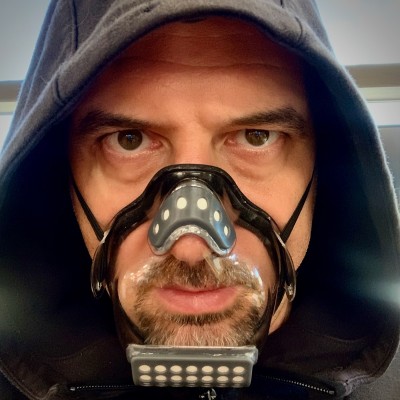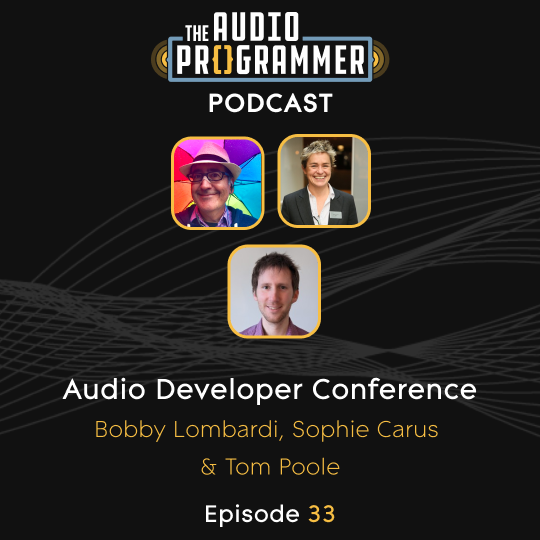Podcast
Building Synths at Moog w/ Geert Bevin (Moog Music) | Ep 20
Moog's Geert Bevin discusses the evolution of digital instruments, the importance of human-instrument interaction, and maintaining legacy while innovating in synthesizer design.
In this engaging conversation, Geert Bevin, Software Engineering and Product Manager at Moog Music, explores the intersection of traditional instrument design and cutting-edge digital technology. Bevin shares insights from his diverse background working with companies like Roger Linn Design and Moog, discussing how the tactile relationship between musician and instrument remains crucial even in digital spaces. He emphasizes that acoustic instruments derive much of their character from physical interaction, from how a guitarist files their nails to where they position themselves in a room, and argues that digital controllers are only beginning to capture this nuanced expressiveness through technologies like MPE (MIDI Polyphonic Expression) and the upcoming MIDI 2.0 standard.
Bevin addresses the challenge of continuing Moog's legendary sonic legacy while pushing boundaries, explaining that successful innovation comes from changing just a few parameters at a time rather than revolutionizing everything at once. This approach gives musicians familiar touchpoints while exploring new creative spaces. He describes the development process behind instruments like the Model 15 app and Animoog Z, where emotional response and inspiration matter as much as technical specifications. The discovery that modeling impedance between modules was crucial to capturing the authentic Moog sound exemplifies how subtle technical details create profound musical differences.
Throughout the discussion, Bevin reveals his philosophy on product design, emphasizing that features should serve the product's core nature rather than simply accumulating capabilities. He advocates for focused, purposeful design, comparing instruments to songs that make a specific statement rather than trying to be everything at once. His approach to hiring emphasizes cultural fit, humility in collaboration, and passion for music over pure technical prowess. Looking toward the future, Bevin expresses excitement about emerging controllers and the creative possibilities that MIDI 2.0 will unlock, while stressing the importance of haptic feedback and physical reference points for maintaining the crucial connection between musician and instrument in digital environments.
Originally recorded on March 24th, 2022.






